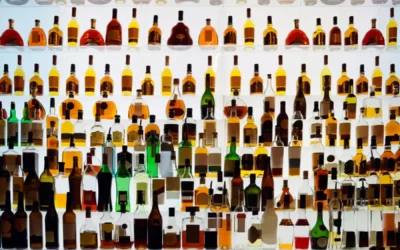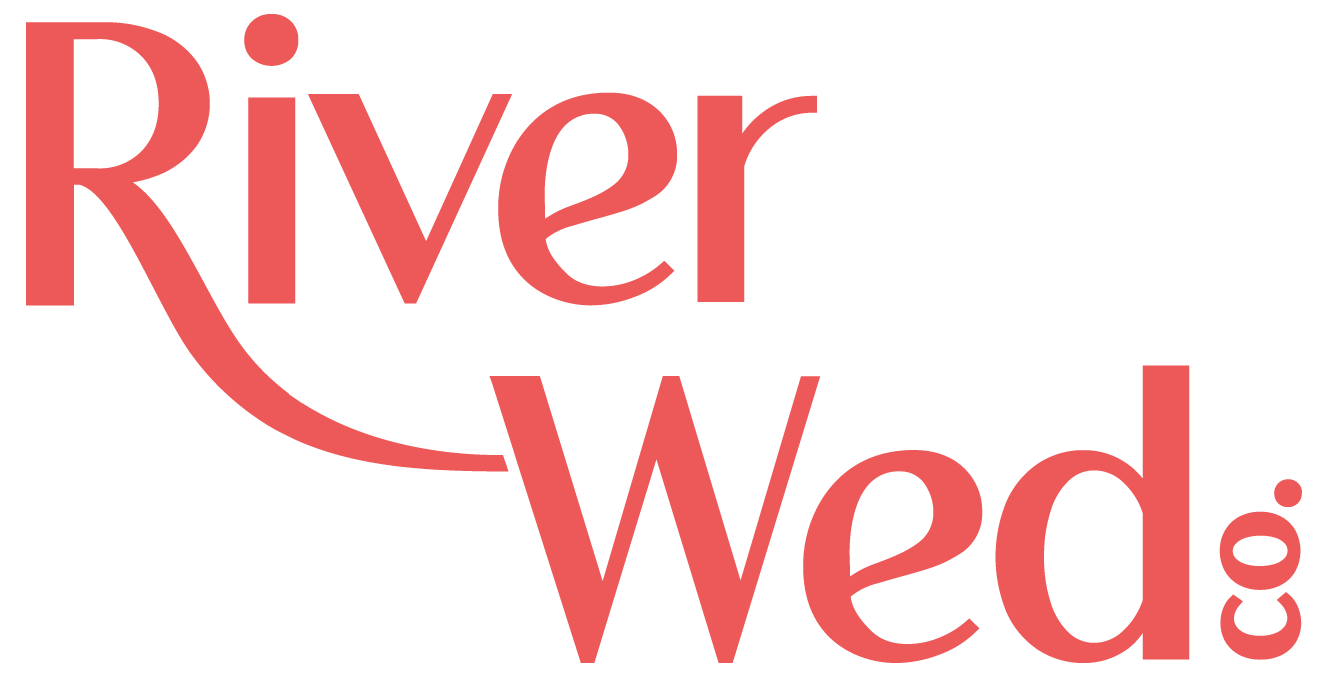Content
As you seek help for alcohol addiction, it’s also important to get treatment for any other psychological issues you’re experiencing. Your best chance of recovery is by getting combined mental health and addiction treatment from the same treatment provider or team. Recovering from alcohol addiction or heavy drinking is not a quick and easy process.

There are many healthy habits you can replace drinking alcohol with, whether it’s drinking a healthier option, such as sparkling water, or doing something different altogether. Koob adds that alcohol use should be understood on a spectrum. While some people may be able to enjoy a glass of wine on occasion, others with moderate to severe alcohol-use disorder https://ecosoberhouse.com/article/boredom-drinking-and-how-to-stop-it/ struggle to cut back or quit despite the consequences they experience. And some, like those who are pregnant, should not drink at all, he says. Binge drinking entails having four or more drinks in two hours for women and five or more drinks for men. About 25.8% of people 18 or older binge drank in 2019, and 14.5 million adults have an alcohol use disorder.
Plan for the side effects of quitting alcohol
One of the best things about giving up alcohol is that you may find yourself feeling happier overall. This is because alcohol can cause depression, anxiety, and other mental health problems. Drinking alcohol can contribute to a variety of cognitive issues, including poor memory, slow reaction time, impaired impulse control, and poor concentration. Over time, drinking can also damage nerve cells and contribute to a loss of brain volume.
Its groups run worldwide and are open to anyone looking to beat a drinking problem. You can also write down how you were feeling before you had the drinks plus where you were when you drank to determine if there is a pattern. Group therapy or a support group can help during rehab and help you stay on track as life gets back to normal. Alcoholism is a common and different term for alcohol use disorder. Milder cases — when people abuse alcohol but aren’t dependent on it — are as well. You’re likely to be in situations where you’ll be offered a drink.
These tips will help you cut back on drinking alcohol.
The program is delivered fully online and on-demand, enabling private access to recovery for those with a busy schedule. If you’re reading this, chances are you have wondered about or have concerns about your drinking or that of a loved one. Heavy drinking is on the rise in the U.S. and alcohol-related problems increase with an increase in drinking. And it’s natural to have second thoughts or feel two ways about drinking when it’s having some effect on your life you don’t like.
Since each case is different, don’t be surprised if your own experience is slightly different from this. It is rare, but some people will experience a very serious syndrome during alcohol withdrawal, called delirium tremens. Over time, however, the body builds a tolerance to alcohol, how to stop drinking at home and a person may have to drink more and more to get the same feeling. Meanwhile, the brain is producing more and more neurotransmitters, making a person further imbalanced. The Loosid app includes chat groups for meeting other people in your local area who are practicing sobriety.
Make a plan.
Your risk of developing cancer will decrease, and your liver function will have greatly improved. The brain also begins to repair some of the damage and shrinkage you may have experienced while drinking. One study showed that after 6 weeks of abstinence from alcohol, brain volume increases by an average of 2%. In the early stages, it’s a good idea to avoid situations where you may be tempted to drink. This could mean opting out of the weekly pub quiz for a while, or if you tend to drink when eating out, try going to restaurants that don’t sell alcohol or simply volunteer to drive.
- The Recovery Village is focused on lifelong wellness, respectful and compassionate treatment provision, and long-term recovery.
- The
diagnostic criteria for an alcohol use disorder were published in the American Psychiatric Association’s fifth edition
of the Diagnostic and Statistical Manual of Mental Disorders. - Turns out, these drugs (as well as the GLP-1 hormone) don’t just work on blood sugar.
- You’ll often find purified water in bottles at your local grocery.
